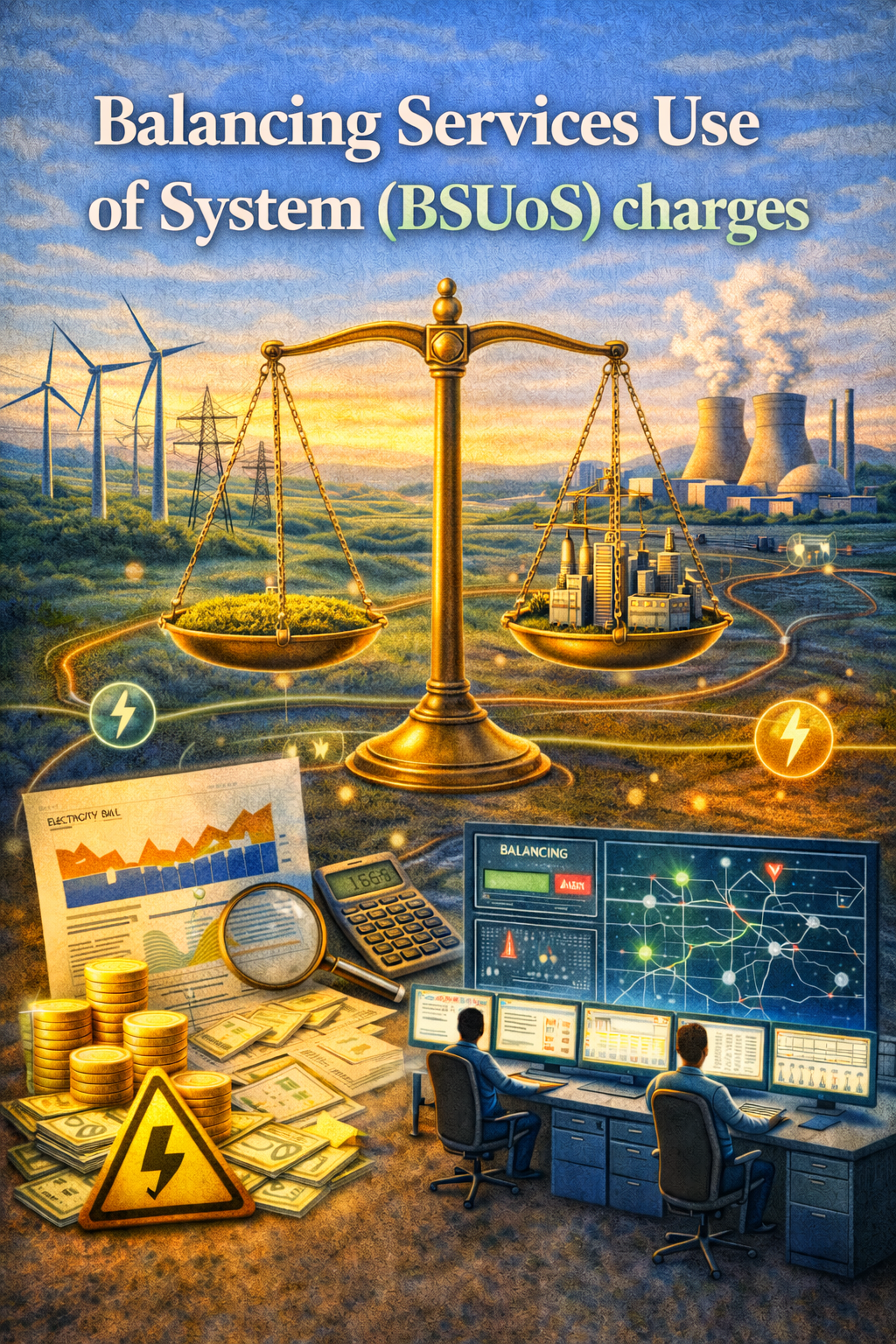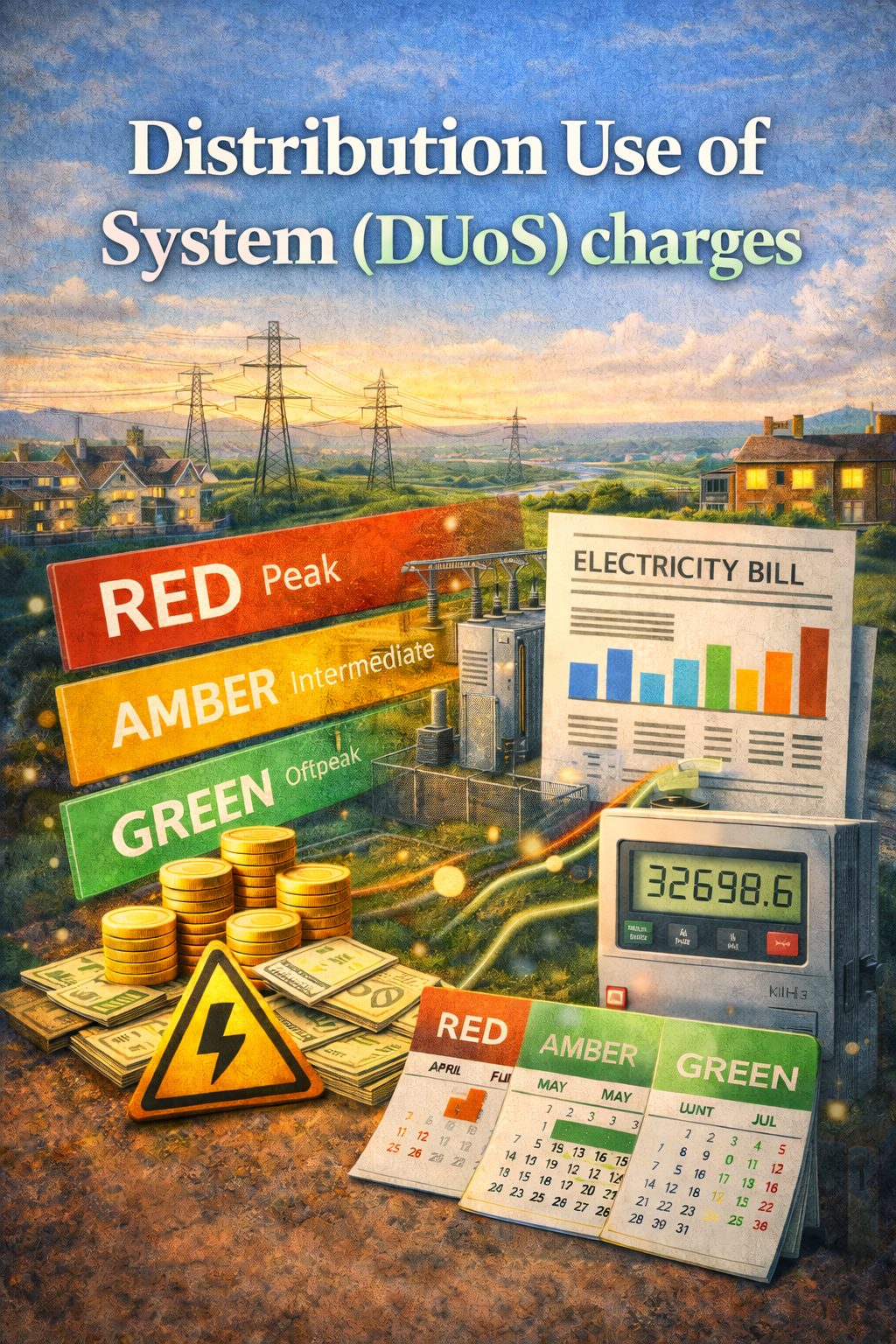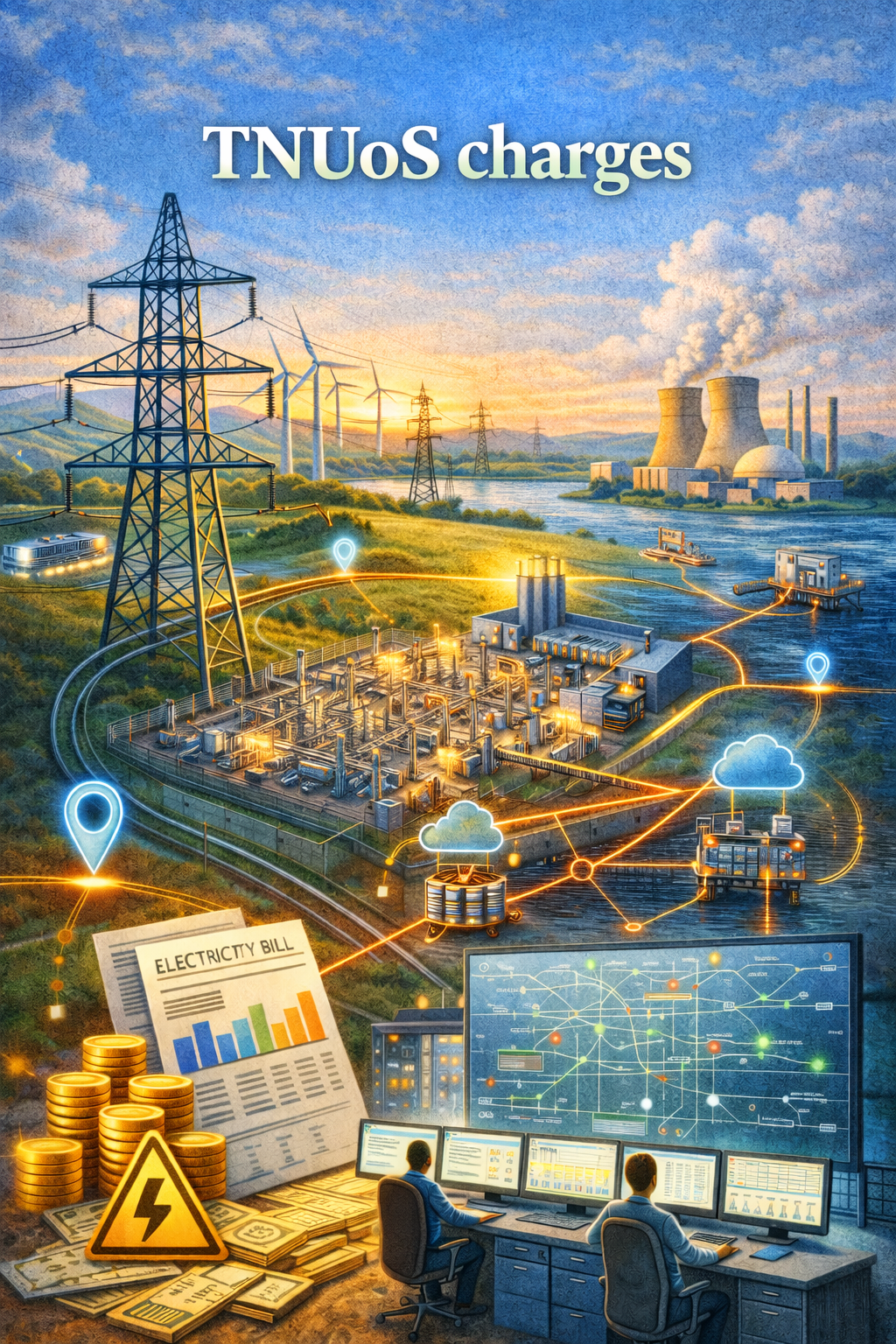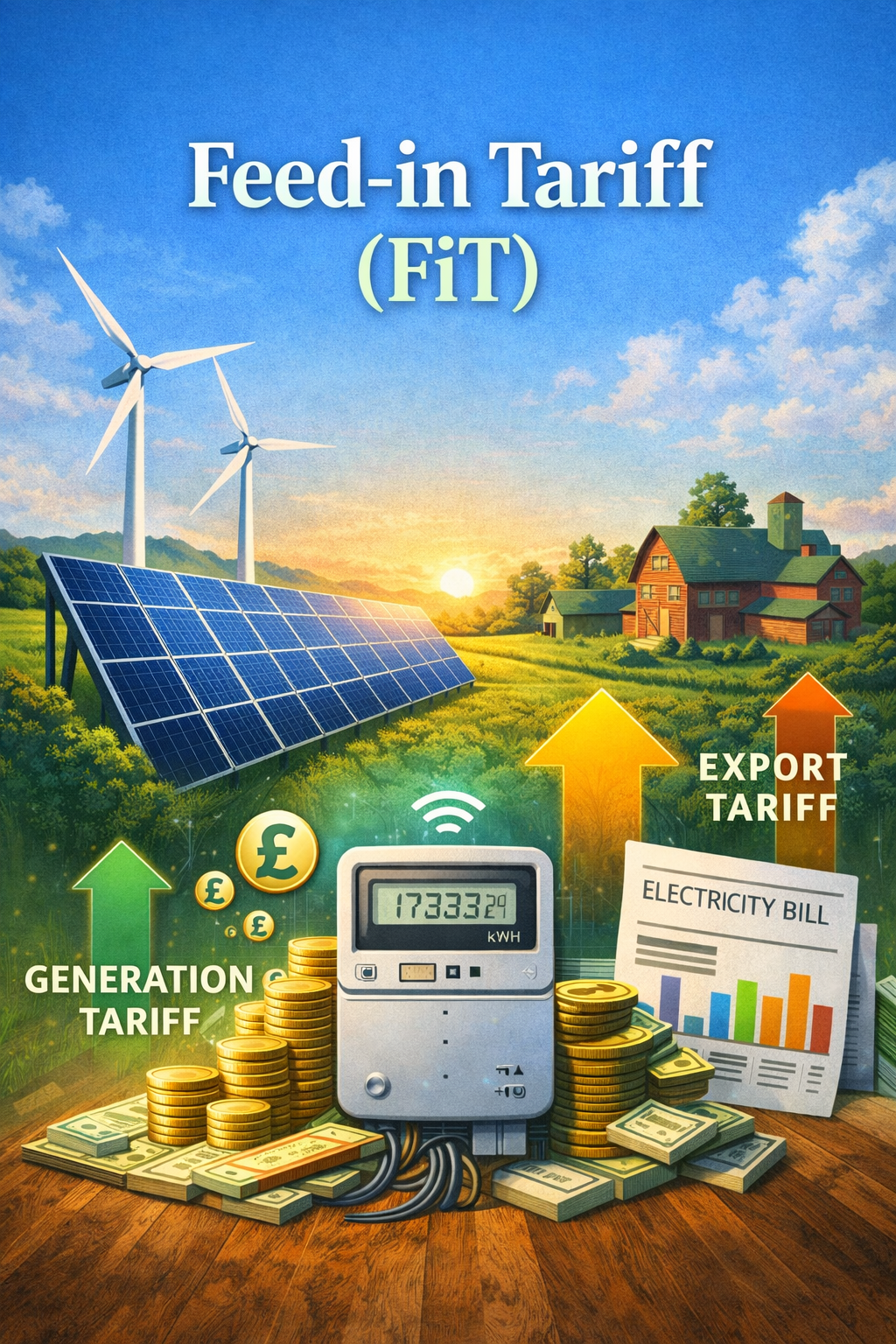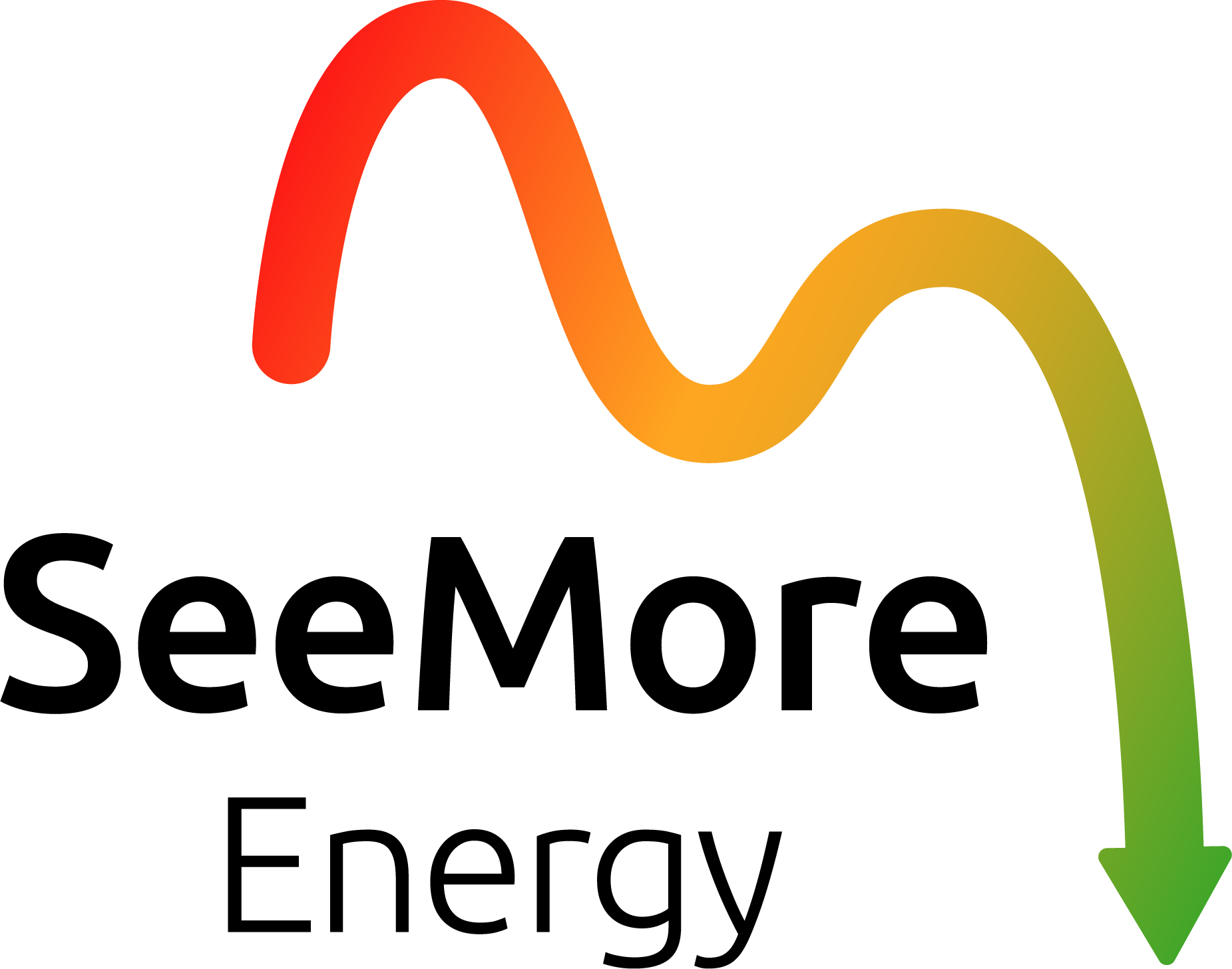Nuclear Regulated Asset Base Levy
Nuclear Regulated Asset Base Levy: What It Means for Your Electricity Bills
From this autumn, UK businesses will see a new charge appear on their electricity invoices: the Nuclear Regulated Asset Base (RAB) Levy. This charge will help finance new nuclear power stations such as Sizewell C, but it also means yet another non-commodity cost will be added to bills.
What is the RAB model?
The Regulated Asset Base (RAB) model is not new and has been used for decades to fund water networks, energy grids, and other large-scale infrastructure. Instead of waiting until projects are completed, it allows investors to receive steady returns during construction. The aim is to lower the overall cost of borrowing by sharing risk between developers, government, and consumers.
In 2022, the Nuclear Energy Financing Act cleared the way for this model to be applied to nuclear energy. The logic is that by reducing financial risk, investors will be more willing to commit to long-term projects. For the government, it helps accelerate the nuclear build-out that is essential to the UK’s 2030 clean power targets. For consumers, however, it means paying towards new power plants years before they produce a single kilowatt-hour and before they can help lower unit rates.
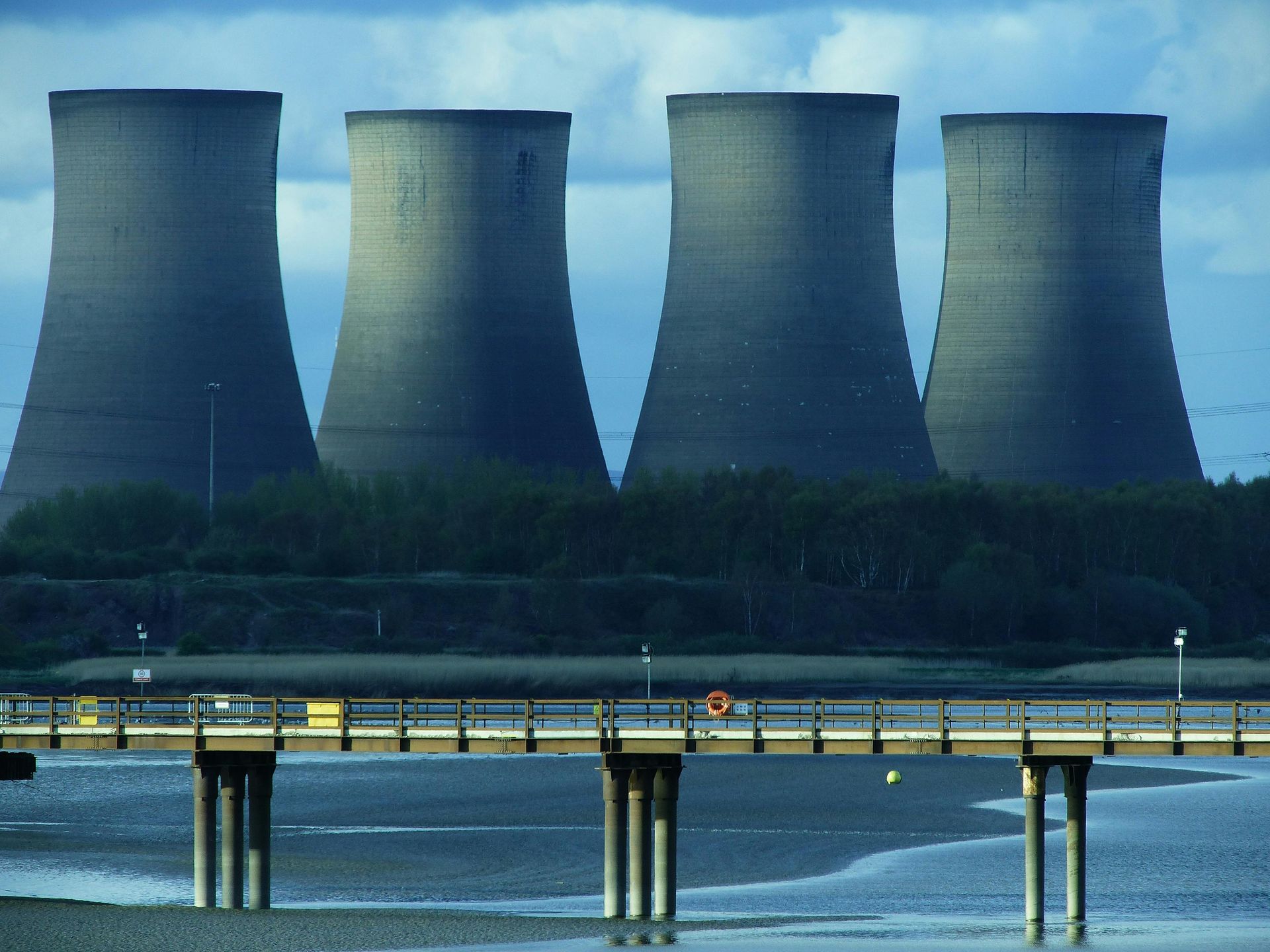
How will it appear on bills?
All suppliers will be required to contribute to the scheme, and almost all will pass the cost through to customers. Charges will be administered by the Low Carbon Contracts Company (LCCC) and regulated by Ofgem.
Two key elements are included:
- The Interim Levy Rate (ILR) – the main charge, starting at £3.455/MWh (0.345p/kWh) from 1 November 2025.
- The Operational Costs Levy – a much smaller addition at £0.0028/MWh.
These prices are only confirmed the first few months and can vary thereafter. Suppliers will be billing based on forecasts each quarter, with reconciliations to be applied later.
If any supplier defaults, other suppliers are obliged to cover the shortfall, which will again be passed on to customers.
Who will be paying these charges?
The levy will apply across the board, but there is an exemption for companies qualifying under the Energy Intensive Industries (EII) scheme. These businesses, often in manufacturing or heavy industry, can avoid the Nuclear RAB charges if they hold a valid certificate.
For everyone else, the levy will be applied alongside other non-commodity costs.
While suppliers may delay passing the charge to customers in fully fixed contracts, most have terms that allow them to adjust in line with regulatory changes.
What does this mean for businesses?
For many, this will be another charge brought about by the government with seemingly little regard for how it affects the global competitiveness of UK businesses. Although, it will contribute towards a decrease in unit rates and an increase in energy security for the long-term.
If you feel that your business should be eligible for a certificate of exemption under the EII scheme, or if you are looking to reduce the energy costs of your business, you can contact us today for advice from our team of specialist advisors.
Contact Us
